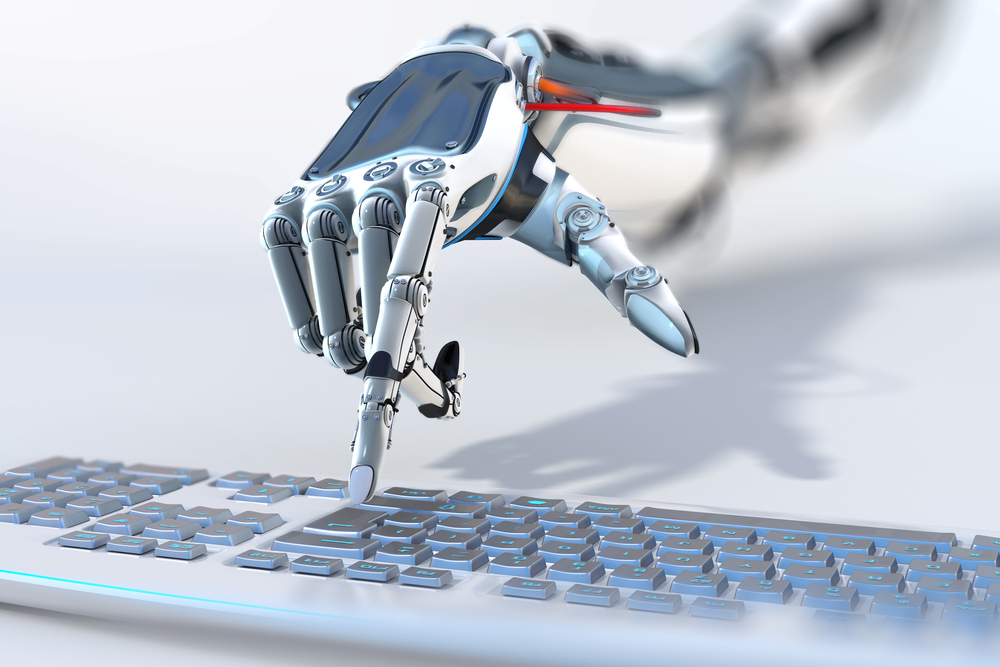Parent Project Muscular Dystrophy Awards $70,000 To Talem Technologies

Parent Project Muscular Dystrophy (PPMD), a nonprofit organization on the front line against Duchenne muscular dystrophy (Duchenne), has recently announced it awarded Talem Technologies a $70,000 grant to support a pilot study concerning their X-Ar exoskeletal arm technology. This follows PPMD’s launch of their Robotics Initiative that serves to explore devices that have the potential to help people suffering with Duchenne.
Duchenne muscular dystrophy is a serious, frequent and fatal genetic disorder. It is diagnosed during childhood and affects almost one in each 5,000 live male births. PPMD has already funded several robotic programs to improve the quality of life of those with the disease. Robotic technology works by building strength to assist people with diseases that robed their capacity to perform everyday tasks.
The X-Ar exoskeletal empowers patients by giving them the capacity to perform tasks in a significantly improved manner. This tool’s design diminishes the limitations these patients suffer and allows them to achieve endurance, stability, and improved movement.
“PPMD has always supported innovation. We’re excited because Blake Mathie and his team at Talem Technologies have developed a device we believe will spare muscle deterioration keeping people with Duchenne stronger for longer – a device that has the potential to assist everyone living with Duchenne,” said Pat Furlong, the PPMD’s Founding President.
Furlong added, “PPMD’s robust research pipeline will continue to focus on new and leading therapeutics that carry with them the potential to end Duchenne. But we need to simultaneously support innovative technology that will maintain muscle strength and ultimately independence. We believe that the X-Ar is an example of that kind of innovation.”
Blake Mathie, CEO of Talem Technologies, the investigator leading the X-Ar exoskeletal arm development, said, “Talem Technologies is applying current technology to help improve the quality of life of people with Duchenne. We are working with researchers and commercial groups around the world to better understand and meet their developing needs. With the generous support of PPMD, we are collaborating with the community to help maintain strength, enable a full range of motion, and improve the present and future for kids and adults with Duchenne.”






